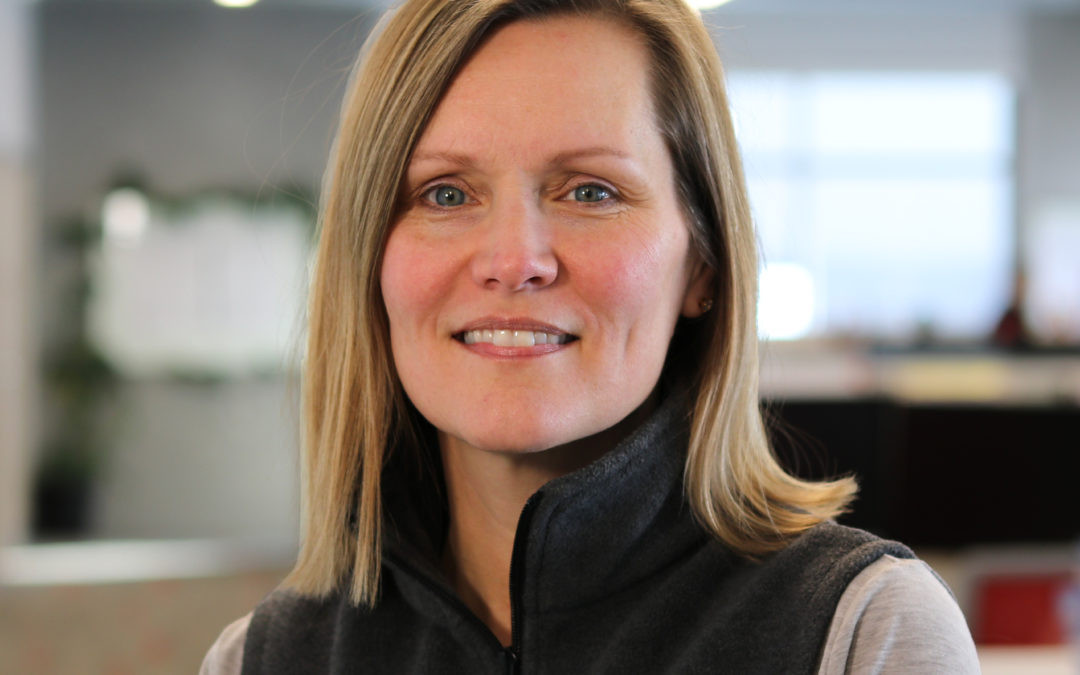Job Title: Project Engineer
College: Colorado State University
Years With Story: 6.5
WHAT DID YOUR PATH INTO THE CONSTRUCTION INDUSTRY LOOK LIKE?
I grew up in Memphis, TN around a few family members that renovated houses. I also worked for Habitat For Humanity with my dad when I was a teenager. After graduating with an art history degree, I had to figure out a way to make money. I had enough interest in architecture – and was fascinated by the parts and pieces of construction – so, I started as a residential carpenter and worked for a general contractor for six years in Portland, OR. I then moved to Colorado and decided to shift to project management, and returned to school for a degree in construction management at Colorado State University while continuing work as a carpenter. My former husband’s career then moved us to Boston, MA, and I worked as a project manager for a design-build contractor managing high-end residential historical restorations. So, up to this point, my career had focused on residential construction, with a small number of commercial tenant finishes. I then stayed home with my new son, Jasper, for 2.5 years, until I started with Story over six years ago…my first true introduction to commercial construction.
WHAT WAS THE TRANSITION LIKE FROM RESIDENTIAL CONSTRUCTION TO COMMERCIAL CONSTRUCTION?
It was a fairly big leap between residential restoration and new commercial. I didn’t have much experience in large scale dirt work or concrete, but some structural steel, as we were often securing structures or opening them into larger spans and spaces. The transition to commercial was a lot to absorb. Most project engineers are trained within various engineering programs, Iowa State’s construction engineering program being an excellent example, and they can hit the ground running when they’re hired. But I’d say the transition to commercial is doable. It did help coming from the field, because you inevitably gain experience being immersed with all of the trades. You see the team structures and the sequencing of the work, so that experience was beneficial.
SO WITH BEING A MOM, HOW HAVE YOU BEEN ABLE TO STRIKE A WORK/LIFE BALANCE THAT WORKS FOR YOU?
You simply need to make a choice that you think is right for you and your family. Fortunately, Story has been completely accommodating about being a working parent, like many others in the company. They never question a sick day or snow day. They know we put our best effort toward our projects, and that’s what really matters.
HOW DO YOU APPLY YOUR UNIQUE EXPERIENCE IN GIVING ADVICE TO YOUNG WOMEN LOOKING TO WORK IN THE CONSTRUCTION INDUSTRY?
You have options! The construction industry is vast and complex – do you want to go into the field, or do you want to go the academic route? A construction engineering program is an amazing resource to have. Otherwise, if you’re interested in the trades, you can’t beat the experience you get in the field. As a woman, I don’t know that I would have jumped into a union carpenter job right away. I think that could have been intimidating, but no matter what, I think you have to go with what feels right – trust your instinct. There are good mentors everywhere within the industry. It’s hard to anticipate what will bring a shift in your career, and when I interviewed with Pat, he felt that my non-traditional resume could find a home at Story. I’d advise women, young or old, to keep an open mind in terms of construction opportunities that are waiting for you.
WHAT DO YOU THINK THE CONSTRUCTION INDUSTRY HAS TO GAIN FROM BRINGING MORE WOMEN ON BOARD?
We gain knowledge from different perspectives. I think the more visible women become in the industry, the more welcoming the environment becomes for other women to join. Diversity is a positive.

